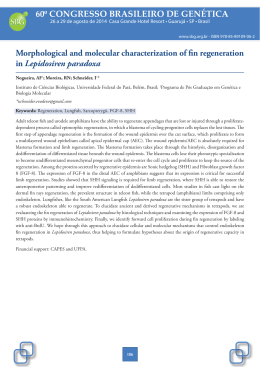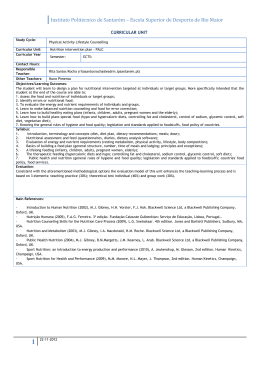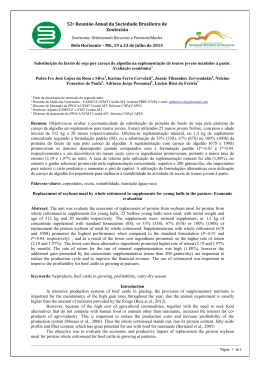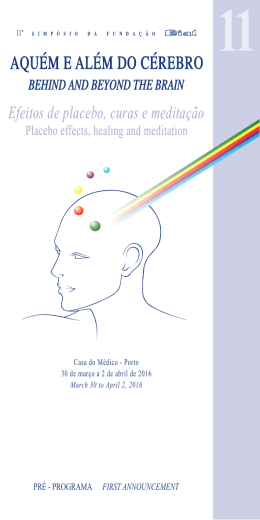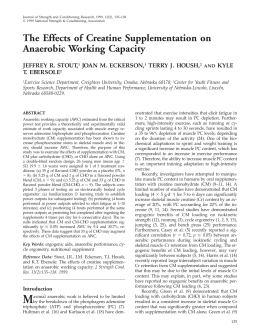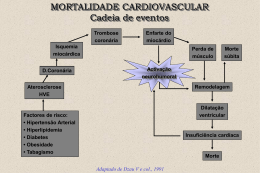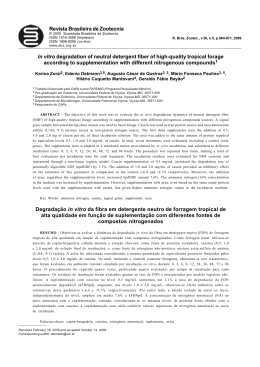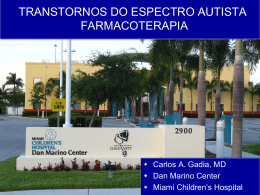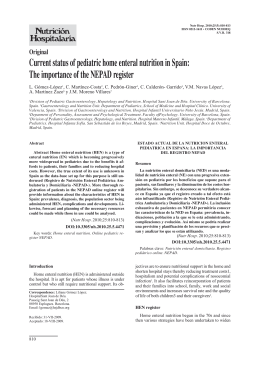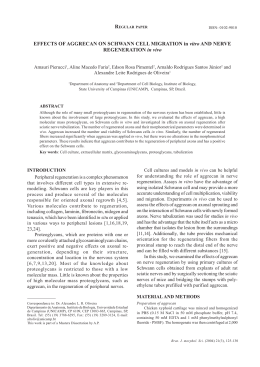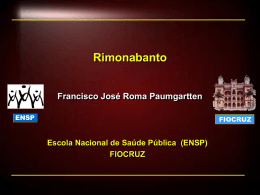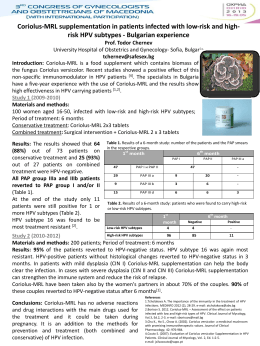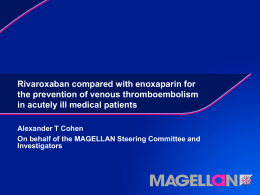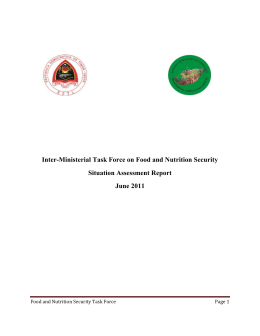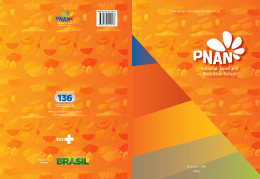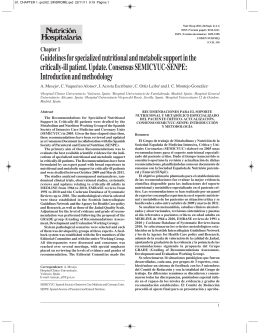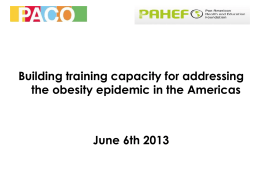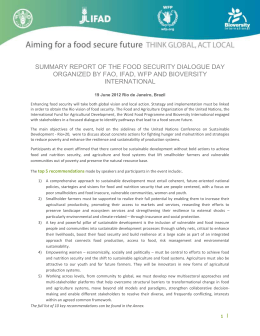Journal of the International Society of Sports Nutrition BioMed Central Open Access Poster presentation Improving mental regeneration after physical exercise Ralf Jäger*1, Martin Purpura1, Kurt-Reiner Geiss2, Thorsten Barthel3, Reinhard Schnittker3 and Michael Weiß3 Address: 1Increnovo LLC, 2138 E Lafayette Pl, Milwaukee, WI 53202, USA, 2ISME, Weingartenstr. 2, 64546 Mörfelden-Walldorf, Germany and 3Department of Sport and Health, University of Paderborn, Warburger Str. 100, 33098 Paderborn, Germany Email: Ralf Jäger* - [email protected] * Corresponding author from 2008 International Society of Sports Nutrition Conference and Expo Las Vegas, NV, USA. 9–10 June 2008 Published: 17 September 2008 Journal of the International Society of Sports Nutrition 2008, 5(Suppl 1):P3 doi:10.1186/1550-2783-5-S1-P3 <supplement> <title> <p>Proceedings of the Fifth International Society of Sports Nutrition (ISSN) Conference and Expo</p> </title> <editor>Paul LaBounty and Jose Antonio</editor> <note>Meeting abstracts – A single PDF containing all abstracts in this Supplement is available <a href=" http://www.biomedcentral.com/content/files/pdf/1550-2783-5-S1-full.pdf">here</a>.</note> </supplement> This abstract is available from: http://www.jissn.com/content/5/S1/P3 © 2008 Jäger et al; licensee BioMed Central Ltd. Background Nutritional interventions to improve physical regeneration after exercise are usual practice among recreational and professional athletes. Frequent strategies include rehydration, in addition to supplementation with macronutrients to replenish depleted glycogen stores, or to support muscle growth and/or maintenance. Physically challenging exercise results in a significant activation of brain activity and no nutritional strategies have yet been developed to improve mental regeneration after exercise. L-Theanine, an amino acid found in green tea leaves, might be able to improve mental regeneration since it has been linked to reducing mental stress and having relaxing effects. A randomized, double-blind, placebo-controlled, crossover study was performed to evaluate the effects of 50 or 200 mg L-theanine supplementation on mental regeneration and hormonal response to physical exercise. Methods The individual working capacity of 14 healthy male subjects (age 24.5 +/- 2.4 years, height 181.2 +/- 4.9 cm, weight 78.8 +/- 9.7 kg) was evaluated in a pretest using a bicycle ergometer test. Starting at 50 Watt, the workload increased every 3 minutes until exhaustion. The maximal individual workload (mean 357 +/- 47 Watt) that could be maintained for 3 minutes in the pretest was used as the upper limited during a 16-minute exercise. One hour after a standardized breakfast (395 kcal, 50 g carbohydrates, 18.4 g fat, 7.6 protein) exercise started at 20% of the maximal individual workload. The intensity was gradually increased every 3 minutes, with the fifth interval (maximum workload) lasting 4 minutes. Thirty minutes after the start of exercise the subjects received a 330 ml beverage containing 50 or 200 mg of L-theanine or placebo. The subjects recovered passively lying in a shaded room and topographical frequency spectrum electroencephalography (EEG) mapping, heart rate, blood pressure, leukocytes, blood glucose and stress hormone levels were measured one minute after workout and 30, 45, 60 and 120 minutes after the consumption of the beverage. The three tests were separated by one week each. Results Analysis of alpha-, beta- and delta frequencies showed dominating high frequencies bands and high activity immediately after exercise. A shift to lower frequencies and a decrease in power were observed during the recovery phase. L-Theanine supplementation did not change the natural down regulation pattern; however, it resulted in an earlier onset of mental regeneration in comparison to placebo. Fifty mg L-theanine resulted in a significant reduction of alpha 2 power already 30 minutes after the consumption of the beverage (-50%, -19% with placebo), and continued to show improvements over placebo at later measurements (45 min: -49%, -39% with placebo). Supplementation with 200 mg L-theanine demonstrated no additional benefit. Exercise resulted in increased levels of leukocytes, blood glucose, catecholamines, serotonin and dopamine directly after workout, and increased concentrations of cortisol and prolactin at 44 and 59 minutes Page 1 of 2 (page number not for citation purposes) Journal of the International Society of Sports Nutrition 2008, 5(Suppl 1):P3 http://www.jissn.com/content/5/S1/P3 after exercise. All blood parameters returned to normal values after 2 hours of recovery. Maximal mean heart rate (186 +/- 9 bpm) and blood pressure quickly returned to resting values after exercise. MANOVA (level of significance p < 0.05) showed significant changes with time of any blood parameter, however, showed no differences between the different treatment groups. Conclusion It is concluded that post-workout supplementation of 50 mg L-theanine accelerates mental regeneration after physical exercise. The effect is not based on hormonal changes and higher amounts of L-theanine do not result in additional benefits. Acknowledgements The authors would like to thank Taiyo Kagaku Japan, for funding this research. Publish with Bio Med Central and every scientist can read your work free of charge "BioMed Central will be the most significant development for disseminating the results of biomedical researc h in our lifetime." Sir Paul Nurse, Cancer Research UK Your research papers will be: available free of charge to the entire biomedical community peer reviewed and published immediately upon acceptance cited in PubMed and archived on PubMed Central yours — you keep the copyright BioMedcentral Submit your manuscript here: http://www.biomedcentral.com/info/publishing_adv.asp Page 2 of 2 (page number not for citation purposes)
Download
